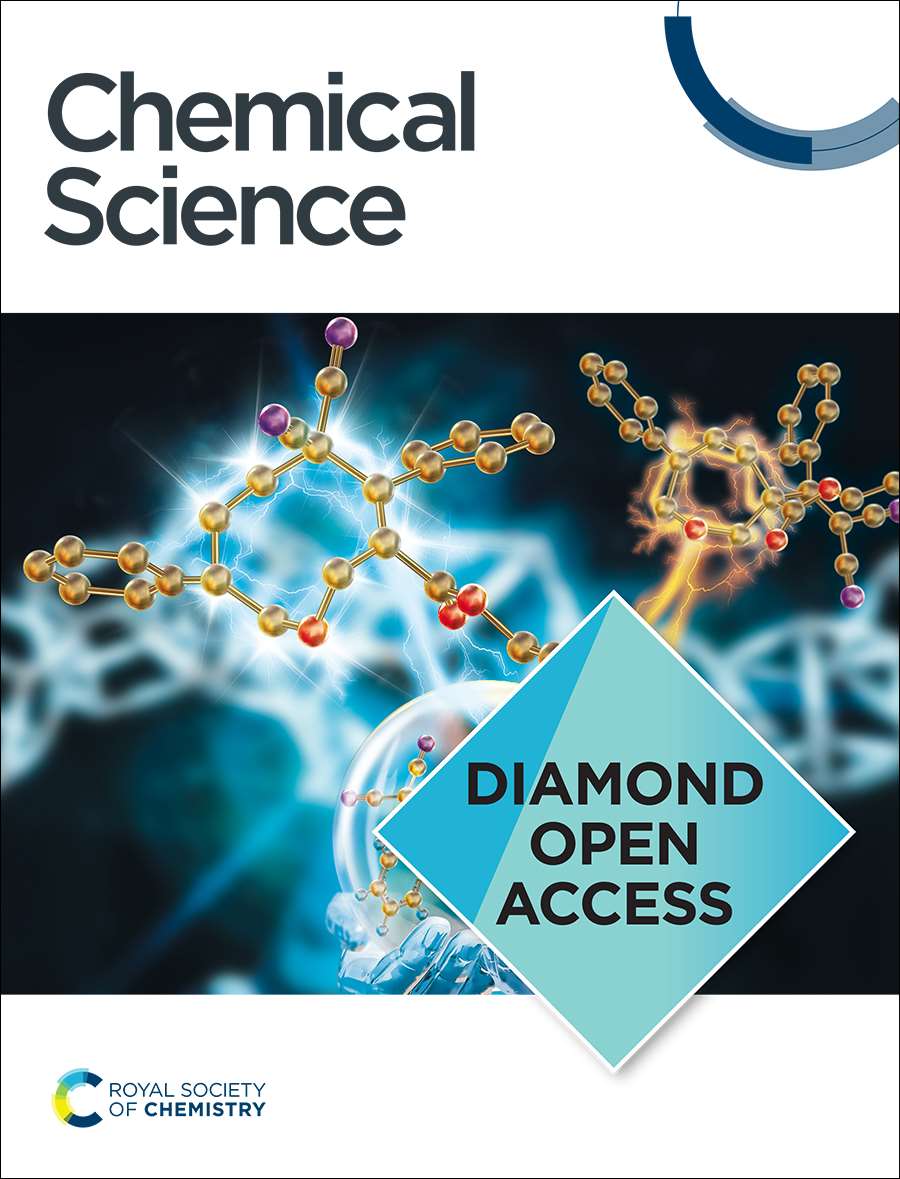Enhanced Recyclability of Methacrylic Resins by Copolymerization or Pendant Modification Using Trityl Esters
IF 7.6
1区 化学
Q1 CHEMISTRY, MULTIDISCIPLINARY
引用次数: 0
Abstract
The conversion of pendant groups into poly(methyl methacrylate) (PMMA) to triphenylmethyl (trityl) esters facilitates thermal depolymerization, enabling the recovery of the monomer, methyl methacrylate (MMA). While PMMA offers potential for chemical recycling through depolymerization, its complete degradation necessitates extreme heating conditions exceeding 400 °C. Conversely, a copolymer consisting of MMA (95 mol%) and trityl methacrylate (TMA; 5 mol%), synthesized via free radical copolymerization, undergoes depolymerization at 270 °C, yielding pure MMA with 94.5% efficiency. Additionally, commercially available PMMA sheets and modified acrylic resins incorporating n-butyl acrylate as a comonomer were also successfully depolymerized at 270 °C through pendant conversion to trityl esters, achieving high yields of pure MMA.三烷基酯共聚或悬垂改性提高甲基丙烯酸树脂的可回收性
悬垂基团转化为聚甲基丙烯酸甲酯(PMMA)到三苯基甲基(三烷基)酯,有利于热解聚,使单体甲基丙烯酸甲酯(MMA)得以回收。虽然PMMA通过解聚提供了化学回收的潜力,但其完全降解需要超过400°C的极端加热条件。相反,由MMA (95% mol%)和甲基丙烯酸三酯(TMA;5 mol%),通过自由基共聚合成,270℃解聚,得到效率为94.5%的纯MMA。此外,商用PMMA片材和以丙烯酸正丁酯为共聚单体的改性丙烯酸树脂也在270°C下通过悬垂转化为三烷基酯成功解聚,获得了高产量的纯MMA。
本文章由计算机程序翻译,如有差异,请以英文原文为准。
求助全文
约1分钟内获得全文
求助全文
来源期刊

Chemical Science
CHEMISTRY, MULTIDISCIPLINARY-
CiteScore
14.40
自引率
4.80%
发文量
1352
审稿时长
2.1 months
期刊介绍:
Chemical Science is a journal that encompasses various disciplines within the chemical sciences. Its scope includes publishing ground-breaking research with significant implications for its respective field, as well as appealing to a wider audience in related areas. To be considered for publication, articles must showcase innovative and original advances in their field of study and be presented in a manner that is understandable to scientists from diverse backgrounds. However, the journal generally does not publish highly specialized research.
 求助内容:
求助内容: 应助结果提醒方式:
应助结果提醒方式:


